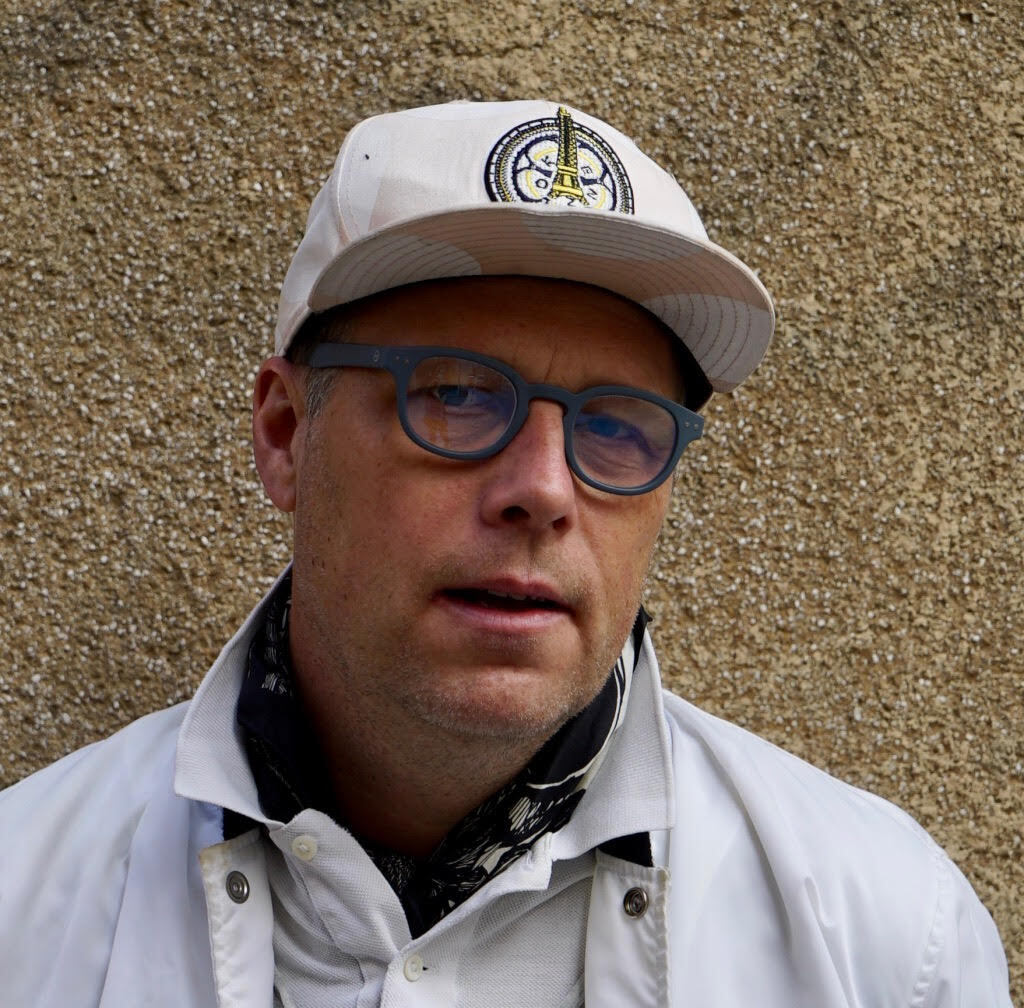


Göran Hugo Olsson: Reframing Documentary. A Talk at Nordisk Panorama

90 minutes at the Nordisk Panorama yesterday afternoon. With a great filmmaker, Swedish Göran Hugo Olsson, who together with Cecilia Lidin gave the audience an excellent introduction to his working method, and who characterised himself as a documentarian of existing footage and was very well prepared taking – with charm and humor – the audience through 10 points related to the definition of what is a documentary.
He started with a photo of himself and David Aronowitsch from 1989. They were in Lodz, Poland, after – if I got it right or is it a joke – having been offered to make a new version of Bergman’s “Tystnaden”… They found out that they did not like Bergman, “I was much more into Godard”. They stayed in Poland searching for Romas to make a film about the Roma holocaust researching in that and many other Eastern European countries. Olsson jumped to the current situation, where his Israel-Palestine on Swedish TV 1958–1989 had its world premiere a couple of weeks ago at the Venice Film Festival. “I am very sad”, he said referring to the war in the region, and in Ukraine and in Syria. One can only agree. Looking so much fwd. to seeing the film.
The documentary process is not a genre, Olsson said, it is a method, and brilliantly he exemplified how he worked, especially with the film “Concerning Violence”, based on Frantz Fanon’s book “The Wretched of the Earth” and on archival footage from numerous Swedish sources. I have not been filming for 15 years, Olsson said, and showed us a photo of small pieces of paper in different colors, with text transcripts from Fanon’s book, texts that were to read by Lauryn Hill, American rapper and singer. He told that Hill had problems in finding the right rythm when recording, she was too fast. She argued that we can as in a record studio make one more take, but we can’t do that in a film or with a book, viewers and readers go for “one take”, Olsson said, words to that effect. Anyway – we are many who have it the same way – to have the texts in front of him and not in his head…
Going back to “Documentary” he argued, and so right he is, that documentaries are expensive – the funders don’t get it that if you are filming a character you have to stay close to him/her before, during and after the shooting, for two years as an example.
I have to catch up to watch more of Olsson’s films but in my mind stands clearly “The Black Power Mixtape 1967-1975” based on material shot by Swedish journalists in the 1960’es and 1970’es. I think I have seen it 3 times, also because Olsson – as he stressed at the seminar – is so dedicated to make the audience understand where and when we are. He is often using chaptering. I learned a lot from watching this film.
Olsson: Audience… I actually dreamed of working for television. I still do but they don´t want me. “They” have the audience. On the other hand that’s also wat he has, when you see that his films have had broadcast all over the world.
Olsson ended his talk, excellently structured by Cecilia Lidin, by stressing with capital letters film is COLLABORATION. His company Story – go their website – is an important and big production company and many of Olsson’s films can be rented for small money using the website.